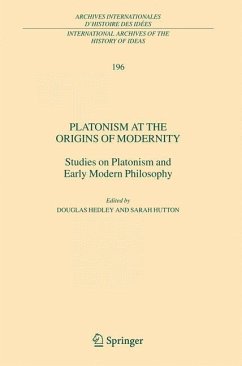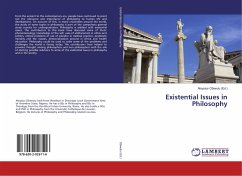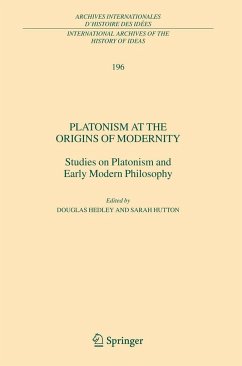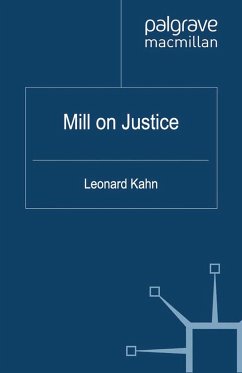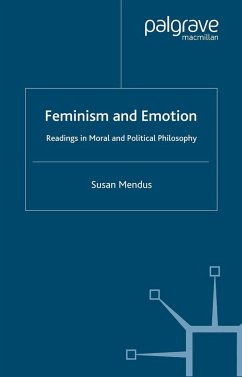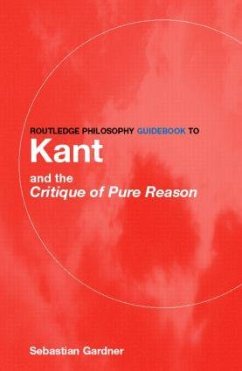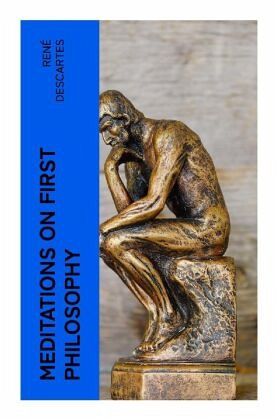
Meditations on First Philosophy
A Philosophical Treatise in Which the Existence of God and the Immortality of the Soul Are Demonstrated
Übersetzung: Veitch, John
Versandkostenfrei!
Versandfertig in 6-10 Tagen
8,70 €
inkl. MwSt.

PAYBACK Punkte
0 °P sammeln!
In "Meditations on First Philosophy," René Descartes embarks on a methodical exploration of foundational philosophical questions, primarily concerning existence, certainty, and the nature of knowing. Written in a concise, engaging style, this seminal text employs a systematic doubt to deconstruct prevailing beliefs, ultimately leading to the famous assertion, "I think, therefore I am." Set against the backdrop of the early 17th century, a period characterized by scientific inquiry and burgeoning rationalism, Descartes' work establishes a firm groundwork for modern philosophy, challenging the ...
In "Meditations on First Philosophy," René Descartes embarks on a methodical exploration of foundational philosophical questions, primarily concerning existence, certainty, and the nature of knowing. Written in a concise, engaging style, this seminal text employs a systematic doubt to deconstruct prevailing beliefs, ultimately leading to the famous assertion, "I think, therefore I am." Set against the backdrop of the early 17th century, a period characterized by scientific inquiry and burgeoning rationalism, Descartes' work establishes a firm groundwork for modern philosophy, challenging the epistemological norms of his time while integrating elements of metaphysics and ethics. René Descartes, often hailed as the father of modern philosophy, was deeply influenced by the intellectual currents of his era, including the scientific revolution and the philosophical debates surrounding skepticism. His mathematical prowess and interest in the nature of reality played crucial roles in shaping his inquiries. Descartes sought to reconcile faith with reason, thus "Meditations" serves not only as a philosophical treatise but also as a personal exploration of doubt and certainty influenced by his own struggles with existential themes. This profound examination of consciousness and existence invites readers to question their own understanding of reality. "Meditations on First Philosophy" is essential for anyone interested in philosophy, as it lays the groundwork for contemporary thought and encourages a rigorous introspection. Descartes challenges us to engage deeply with our beliefs, making this book a cornerstone for both scholars and laypersons alike.






